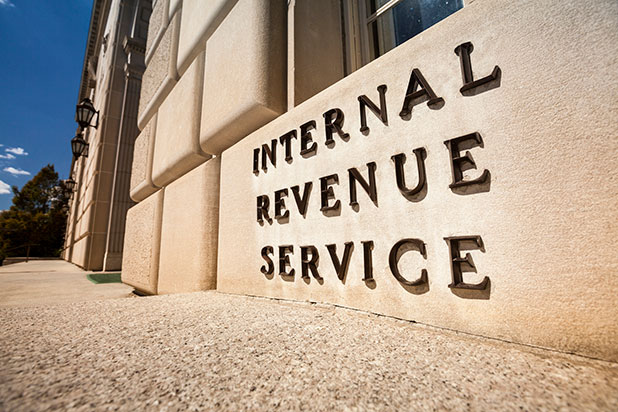
On March 17, 2021, the Treasury Department and Internal Revenue Service announced its extension of the federal income tax filing due date for individuals for the 2020 tax year from April 15, 2021, to May 17, 2021. The extra time might sound nice but it is quickly approaching and tax time can be stressful especially when navigating a divorce or separation.
If you are currently going through or are considering a divorce, you may be wondering if you are required to file your tax return jointly with your spouse. Generally, the Internal Revenue Code provides married couples with a choice to file either jointly or separately. In many situations, filing a joint return can be beneficial and reduce a couple’s overall tax debt. However, filing jointly also comes with burdens. A joint return can expose a spouse to liability for fraudulent or misrepresentations made on the return even if that spouse did not sign the return. Unsurprisingly, this combination of benefits and burdens can and has led to tension and disagreement between divorcing couples. So, what happens when one spouse wants to file a return jointly, but the other spouse disagrees? Under New Jersey law, a court may compel the unwilling spouse to file jointly.
This issue was reviewed by the Appellate Division of the Superior Court of New Jersey in the case Bursztyn v. Bursztyn, when the court held “that trial courts in New Jersey have discretionary authority to compel parties in divorce proceedings to file joint tax returns.” The court, however, was very aware of the potential liability a compelled spouse would face, so it stressed that such discretionary--not mandatory--authority should be wielded sparingly. In affirming the trial court’s order requiring a wife to execute joint federal tax returns for several years during which the couple was married, the court considered several factors that supported the trial court’s exercise of authority, including the following: (1) there was a significant financial benefit to filing joint returns, (2) there was no evidence that the spouse seeking to file joint returns had filed fraudulent returns in the past or intended to file fraudulent returns for the subject years, (3) the party seeking to file joint returns was the source of income to be reported, (4) the party seeking to file separate returns failed to express principled reasons why she should file separately, and (5) because of a shortage of marital assets, the court was unable to alter the distribution of assets to compensate the husband for the adverse tax consequences of filing separately.
Following the guidance of Bursztyn, the Appellate Division reviewed several other trial court decisions but in those cases, the parties were not compelled to file joint tax returns based upon the facts and circumstances presented. For example, in the unpublished decision of Stevens v. Stevens, the trial court reasoned that forcing the wife to file jointly with her husband would be unfair after it was discovered that the wife owed fees and penalties as a result of the husband’s failure to file returns for prior years. And, in Bogdan v. Bogdan, the trial court refused to order the wife to file jointly with her husband because it found allowing the husband to claim both of the couple’s children as dependents for a subsequent year to be adequate compensation for the husband.
As you can see, this issue can become rather complex and depend on many factors related to your individual situation. If you are contemplating or currently going through a divorce or have a dispute regarding the filing of joint tax returns, the experienced family law attorneys at Cohn Lifland Pearlman Herrmann & Knopf, LLP can help you understand your rights and obligations. Call us for more information.
